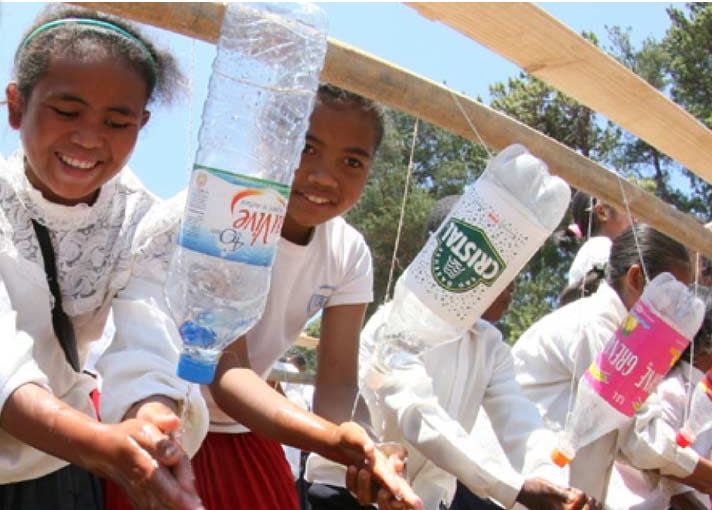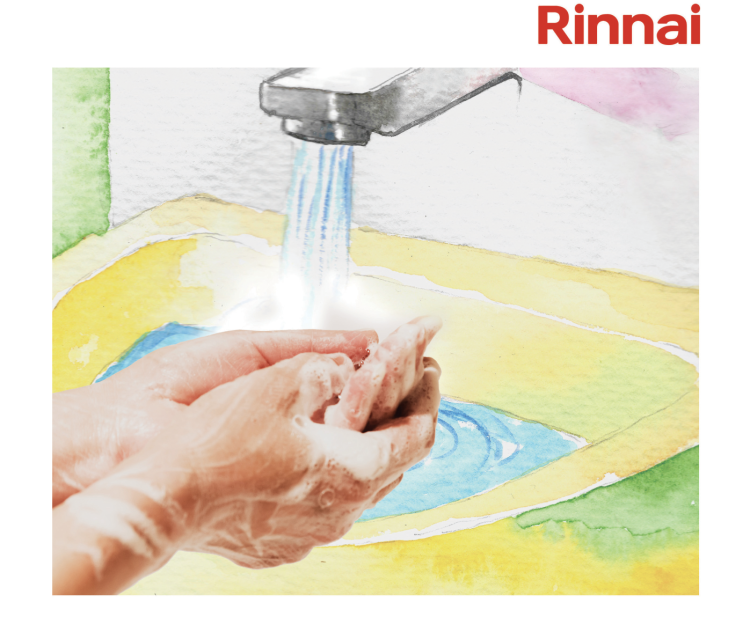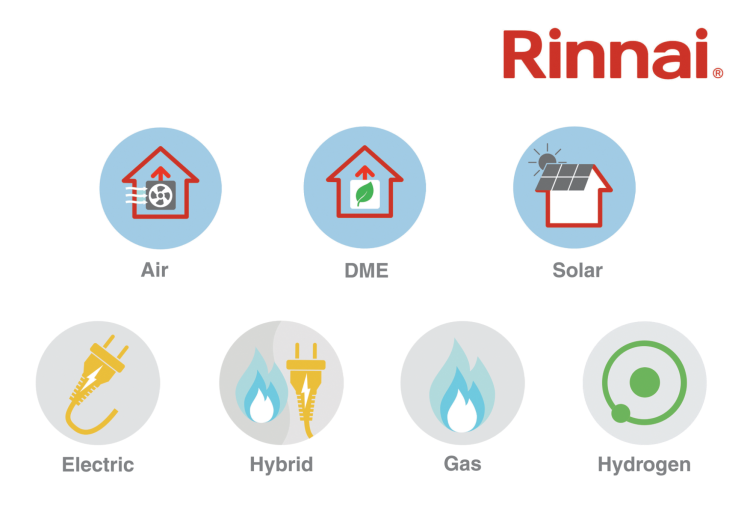02 May 2018 | Updated 03 May 2018
World Hand Hygiene Day on May 5 focuses attention on hand hygiene in healthcare environs. Sepsis is estimated to affect more than 30 million patients every year worldwide - and a major cause of this is a lack of hygiene.
Meanwhile, Global Handwashing Day is another annual global advocacy day dedicated to increasing awareness and understanding about the importance of handwashing with soap as an easy, effective, and affordable way to prevent diseases and save lives.
October's Global Handwashing Day was founded by the Global Handwashing Partnership as an opportunity to design, test, and replicate creative ways to encourage people to wash their hands with soap at critical times.
To read the report from last year - Click Here
World Hand Hygiene Day is organised in association with the World Health Organisation.
For the tenth year in a row, World Hand Hygiene Day is a cornerstone of the WHO’s campaign to galvanise action at the point of care and improve patient safety. This year’s theme is focused on preventing sepsis in healthcare. Sepsis is a potentially life-threatening infection. It kills 44,000 people in the UK and costs the national economy almost £16 billion each year.
To support World Hand Hygiene Day on May 5, Kimberly-Clark Professional is sharing Five Ways to improve hand hygiene standards within a healthcare environment.
While the risks of sepsis are real, there are simple steps that can be taken to help avoid infection. Kimberly-Clark Professional is sharing Five Ways to ensure hand hygiene in healthcare and other facilities.
1. Demonstrate Best Practice in Your Environment
Take the opportunity to demonstrate hand hygiene best practice. The WHO reports that one out of every 10 patients get an infection while receiving care in a hospital facility and up to 32% of patients receiving surgical care get a post-operative infection. Unfortunately, 51% of these cases are resistant to treatment with antibiotics. Practicing good hand hygiene is key to reducing these numbers and even for experts, reminders are a good idea.
2. Provide Quality Products
If you want staff onsite to operate as hygienically as possible, then providing quality, available and easily accessible products is the first step.
3. Track and Share Your Progress
It is vitally important to understand whether your efforts to improve hygiene are working. You can do this by performing audits on a specific ward or area. Simply monitor the number of staff, patients or visitors washing their hands correctly over a given period of time. Then repeat this process and look for improvements. Share the results with your staff to engage them in continuous improvement.
To download a free NHS audit tools to help - Click Here
4. Help People Understand How to Protect Themselves
KC has developed an essential tool for you to quickly and easily create customised posters and notices promoting hand hygiene in your environment.
To create your own poster that informs your staff on what they need to know to be safe - Click Here
5. Include Hand Hygiene as Part of Training
Make hand hygiene part of your standard training. Studies have shown that on average, 61% of health workers do not adhere to the recommended hand hygiene practices. KC is offering a complimentary kit to help you promote hand hygiene.
To request your complimentary kit - Click Here
.jpg)
Article written by Cathryn Ellis | Published 02 May 2018
Share
Related Articles
British Cleaning Council Expands on New Global Handwashing Standards
The British Cleaning Council says that new World Health Organisation Global Handwashing Standards must be combined with higher standards of cleaning in public spaces to...
Read Full Article
Schoolboy Designs Quiet Hand Dryer for Global Handwashing Day
A hand drying manufacturer has unveiled a new model inspired by the design of a 12-year old schoolboy.
Zach Cosham, a budding engineer from Hove, approached Handy...
Read Full Article
World Hand Hygiene Day – Only One in Five People Wash Their Hands Correctly
Research from a smart hand sanitiser technology company shows that just one in five people cleanse their hands correctly.
Additionally, 33 per...
Read Full Article
Smart Hand Sanitisers To Provide Data for Workplace Managers
Smart hand sanitisers that can provide data on workplace hand hygiene are being trialled across the country, as part of research into how best to engage people with the...
Read Full Article
Hand Sanitiser – What are the Expectations in Buildings?
The results of a new study show what the public expect to see when it comes to hand sanitiser provisions in public spaces in Europe.
Conducted during the summer of...
Read Full Article
Over-Reliance on Hand Sanitiser Gels May Cause More Harm Than Good
Dr Andrew Kemp has told a national newspaper that it’s not yet been proven that alcohol-based hand sanitiser could kill the virus that causes COVID-19 on...
Read Full Article
Kimberly-Clark Professional Showcases New Dispenser Collection
At The Cleaning Show 2023, Kimberly-Clark Professional presented its collection of high-performance and touchless washroom dispensing systems.
The ICON™...
Read Full Article
The Future of Washroom Technology – Q&A With Dr Salomé Giao | Dyson
Sustainability and hygiene are key considerations for businesses looking to keep their public washrooms clean and welcoming for users. Dr Salomé Giao, Lead...
Read Full Article
Sodexo Extends Partnership With IPS and Tork
Sodexo has extended its partnership with the Infection Prevention Society and Tork, Essity’s hygiene brand.
The renewed partnership, which initially began in...
Read Full Article
Everything You Need to Know About AI in Healthcare
Artificial intelligence is changing medical practice and the healthcare industry.
Technologies including machine learning and digitised data acquisition are allowing...
Read Full Article

.gif)


.gif)
.gif)



.jpg)




.png)

